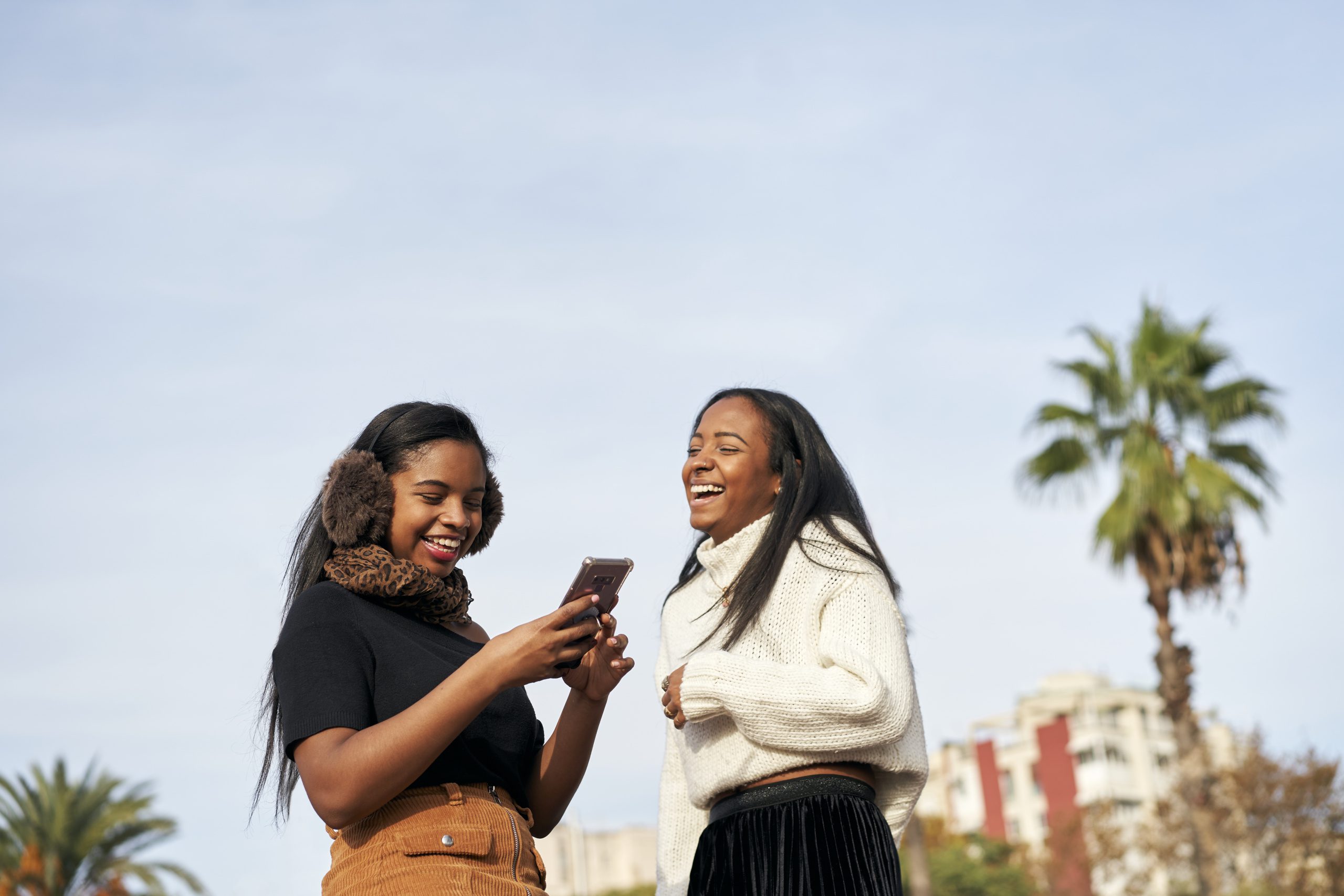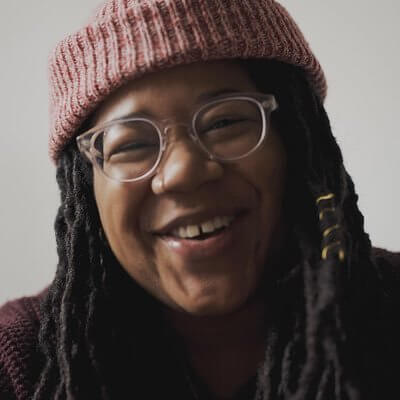In a world where technology has become a driving force for connectivity and information sharing, Katika, a Black-owned business and community social network app, is making waves.
Founded by Jason M. Coles, this innovative platform is dedicated to uniting Black businesses, nonprofits and public agencies while also providing resources to the community. Coles joined Andrea Lawful-Sanders on The Source to discuss his inspiration and the impact of Katika.
Katika, which takes its name from the Swahili word for “inclusive,” is centered on fostering inclusivity within the Black community. The platform connects individuals not only to Black-owned businesses but also to nonprofits and public agencies supporting the community’s needs.
“We wanted to create a central platform, so you don’t have to go through the scrolling on Facebook or some of those other platforms, but we concentrate specifically on Black businesses and those other entities,” Coles said.
The service is free for businesses to use, allowing them to create profiles and access various tools. Additionally, Katika offers a library of content to help entrepreneurs with topics such as starting a business, LLC registration and more. The platform hosts events to promote businesses, like the Black Chef Showdown, which showcased various Black-owned restaurants and caterers.
Coles shared that Katika covers a wide geographical area. The app uses geolocation to match users with businesses in their vicinity, spanning across all of Philadelphia and reaching into the suburbs.
When asked about the types of businesses Katika endorses, Coles emphasized their all-encompassing approach. They support all types of businesses, including for-profit and nonprofit organizations, as well as government agencies and public officials.
“We’re here. I think people just need to be connected,” Coles said.
Coles said that Katika’s goal extends beyond its digital presence. In the upcoming spring, they plan to create a physical facility to provide hands-on support for those who may not be tech-savvy. “We want to see a space where we can work with our seasoned citizens to teach them how to navigate through this because folks aren’t really using phone numbers anymore,” Sanders explained.
Rather, people are connecting through messaging apps, websites and email, Coles said. So it is critical that individuals still be able to connect with each other – for community development and economic growth. “It’s all about how we can connect,” Coles said, “so that we’re not disappearing and we do have support.”
Listen to the interview:




